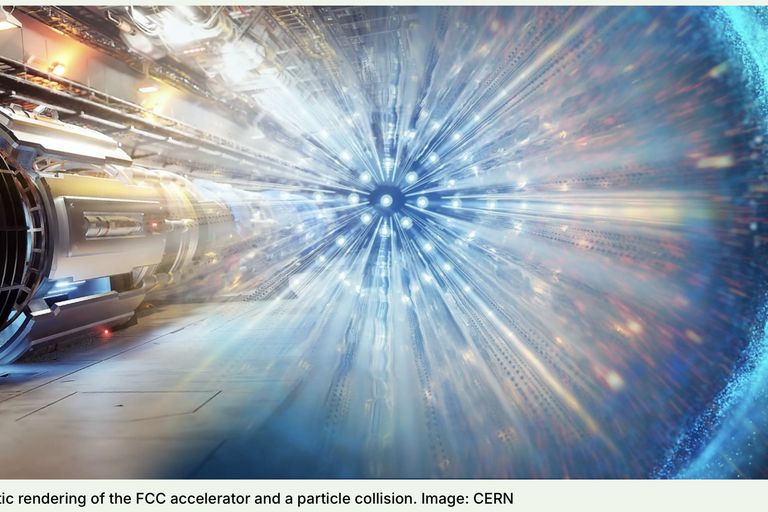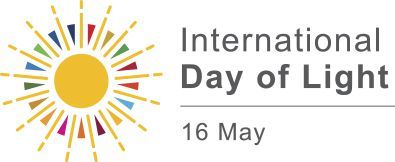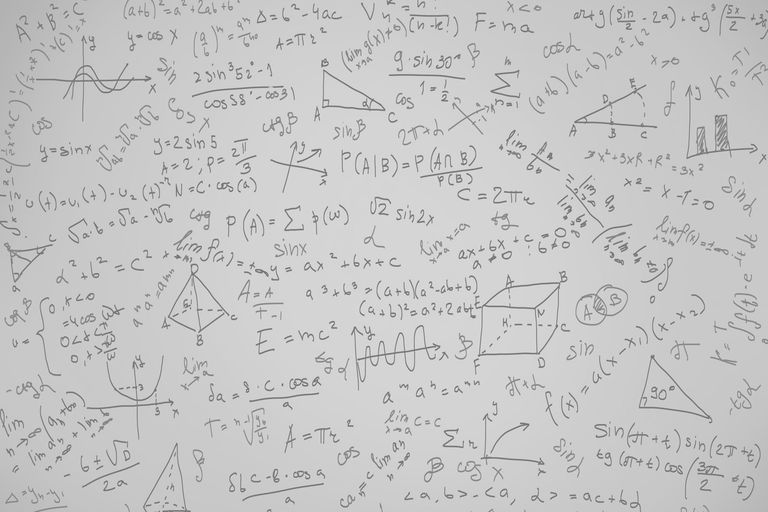News

How Switzerland is preparing for the future of particle physics
The European Strategy for Particle Physics is intended to shape the future of particle physics. Under this strategy, the favoured option for the next major project at CERN is the Future Circular Collider. Switzerland seeks to consolidate its expertise in particle physics through targeted support instruments for technology, research and early-career researchers.
Image: CERN
International Day of Light 2026: Register Your Event Now
Registrations are now open for events to be included in the global calendar of the International Day of Light (IDL) 2026 – regardless of the exact date of the event in 2026.
Image: UNESCO
Under the Alps: Assessing the Potential of Bedretto for Particle and Astroparticle Physics
ETH visits to the Bedretto Underground Laboratory
Image: Google map
ISSI/ISSI-BJ 2026 Joint Call for Proposals for International Teams in Space and Earth Sciences
The International Space Science Institute (ISSI) in Bern (Switzerland) and ISSI-BJ in Beijing (China) invite proposals for establishing International Teams to conduct collaborative research in the Space and Earth Sciences at their respective meeting facilities.

The boundary between physics, mathematics and AI is becoming increasingly productive
Physicist and mathematician receive BRIDGE Discovery Grant to optimise supply chains with AI
Image: KI-generiertWie vor 100 Jahren in Arosa die Grundlagen fürs Smartphone entstanden
In Arosa hat Erwin Schrödinger den Grundstein zur Quantenphysik und Quantenchemie gelegt und damit Wissenschaft und Gesellschaft revolutioniert. Der Ort wurde nun als historische Stätte der Chemie ausgezeichnet.
Image: Andres Jordi
Julian Sonner is the new President of Platform MAP
Julian Sonner, Professor of Theoretical Physics at the University of Geneva, starts in 2026 as new President of the Platform MAP. He succeeds Ernst Meyer, Professor of Physics at the University of Basel, who served as President for seven years from 2019 to 2025.










